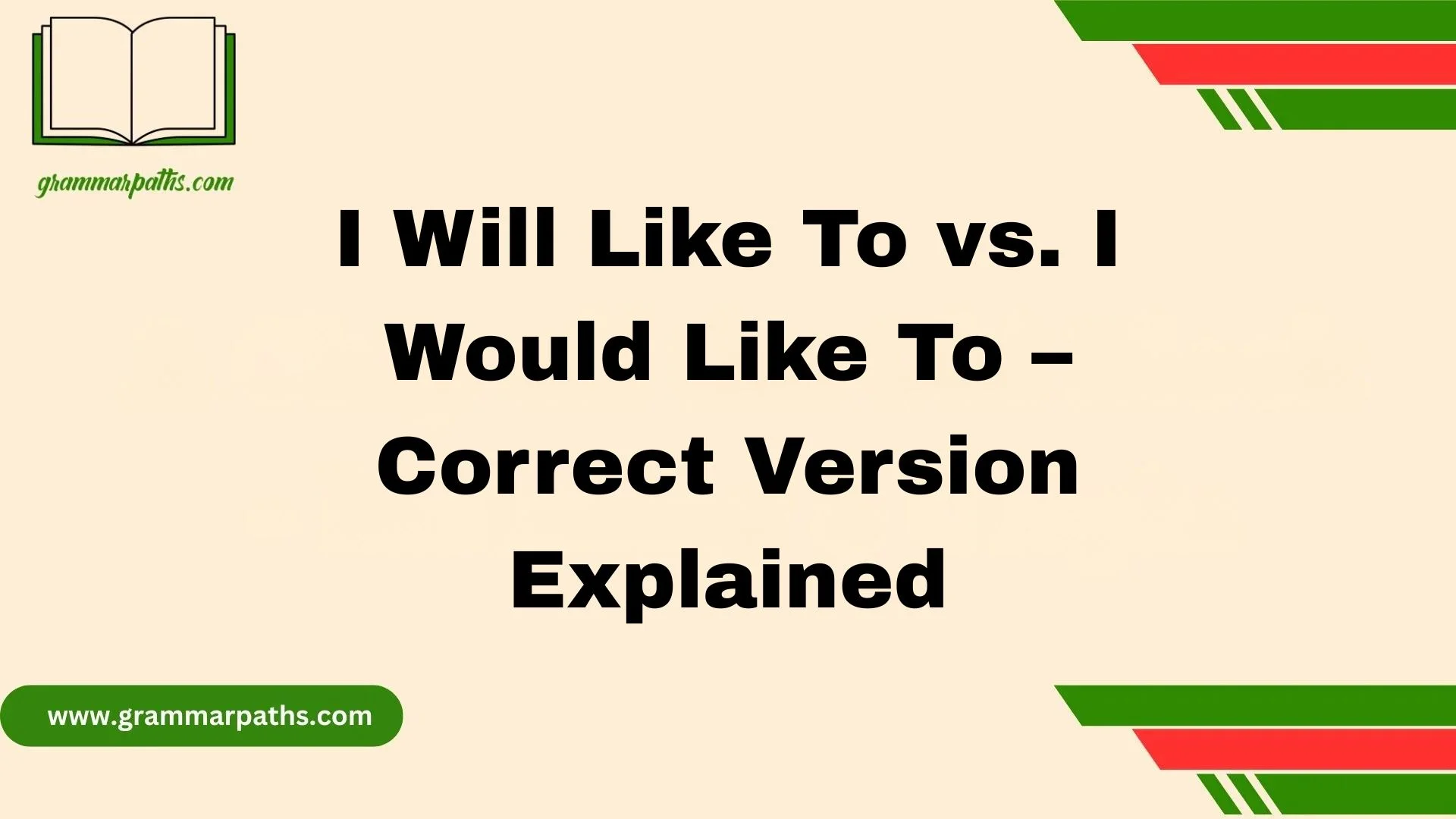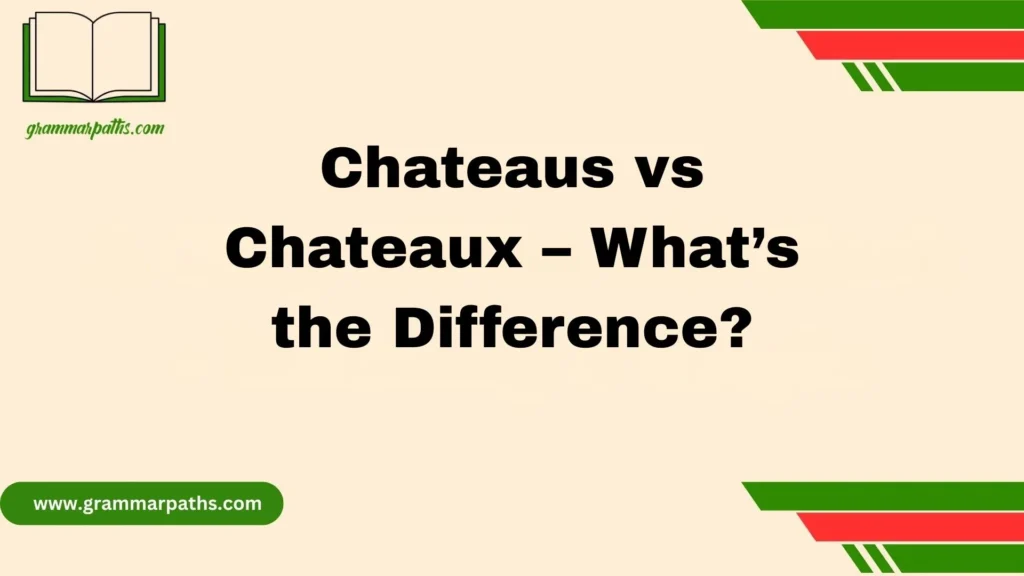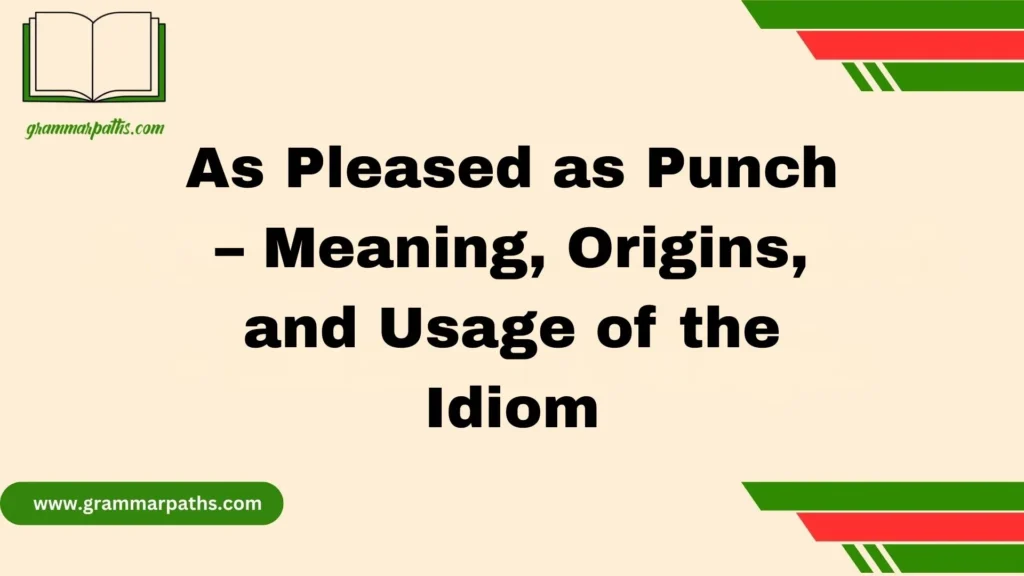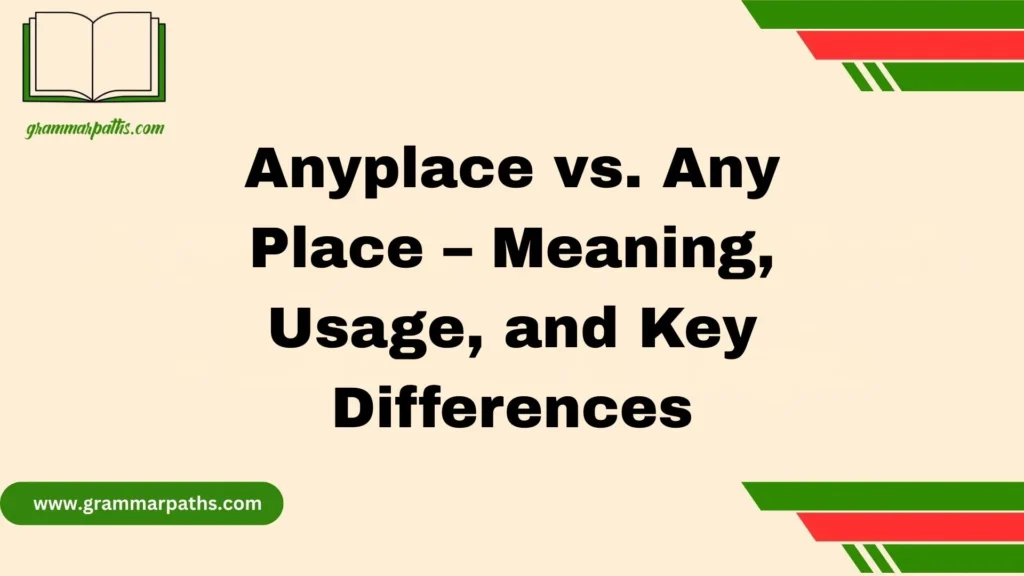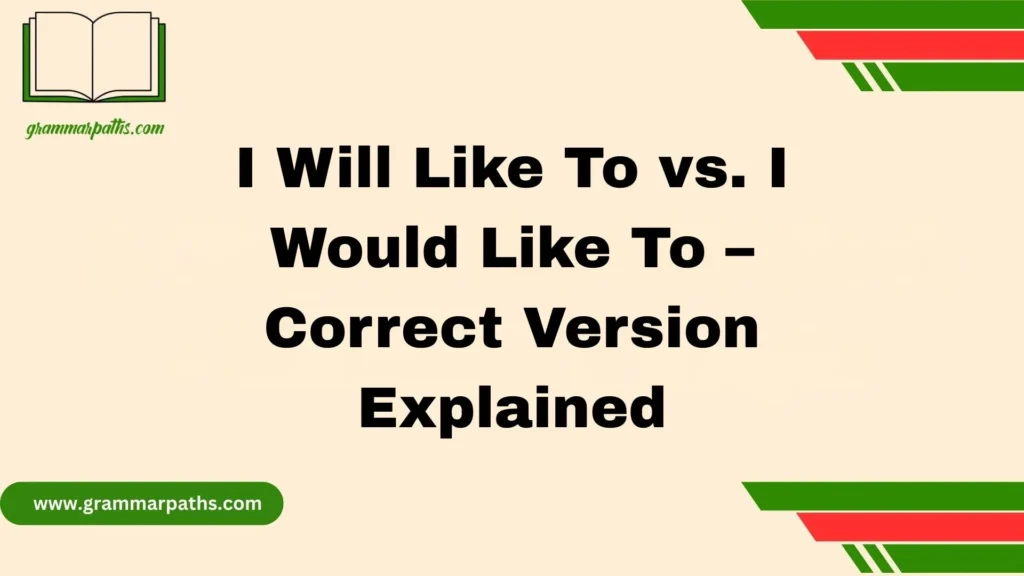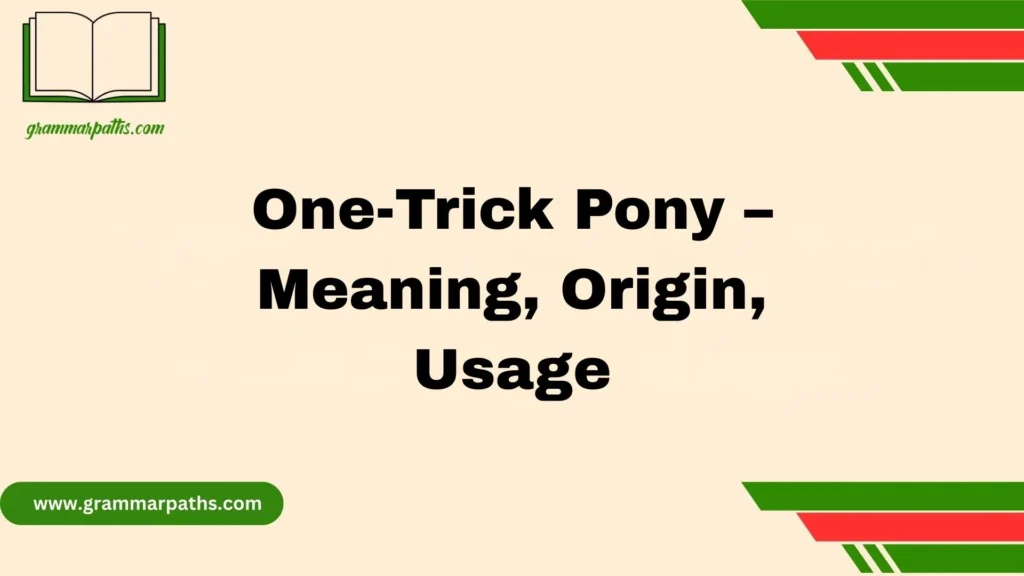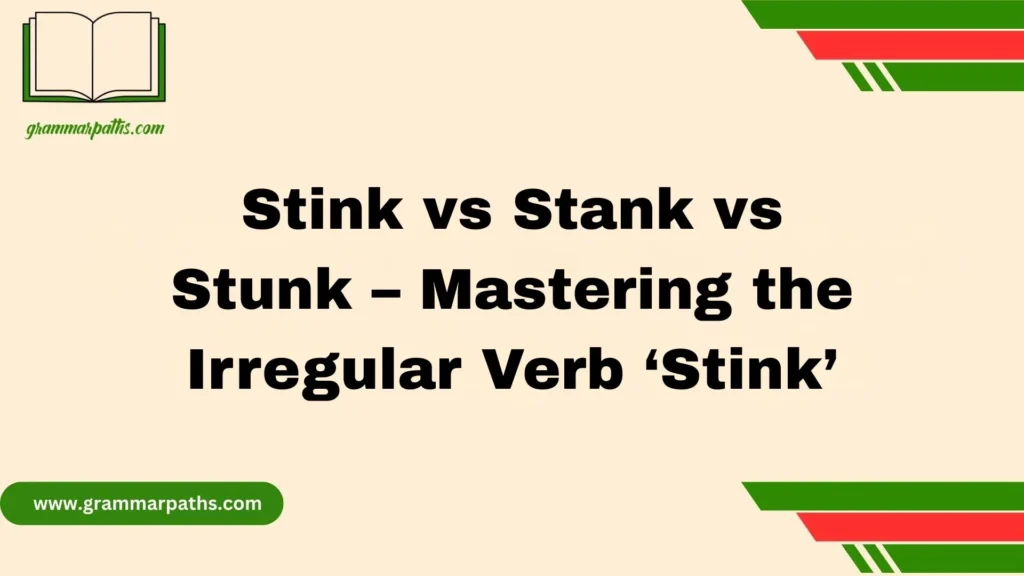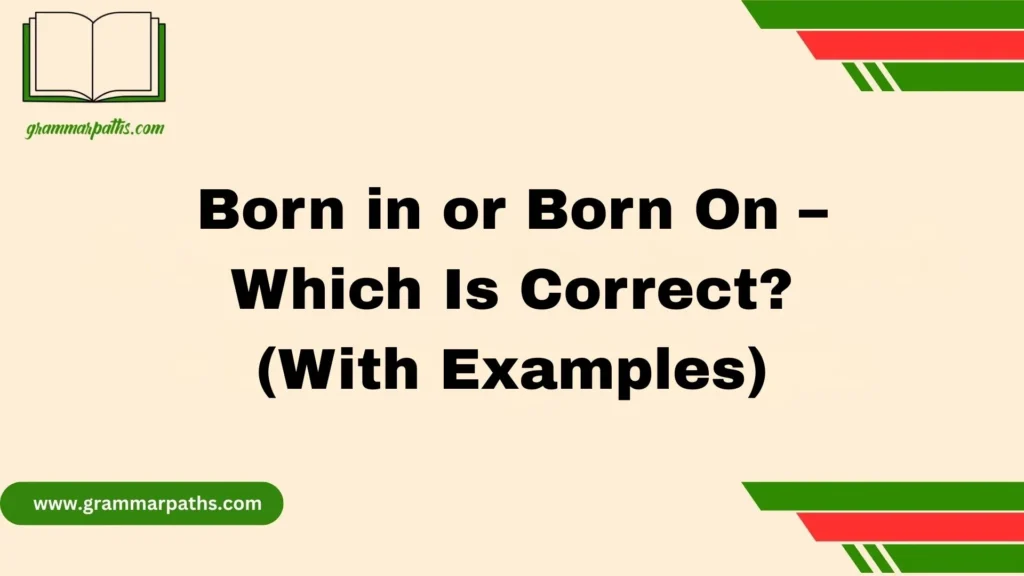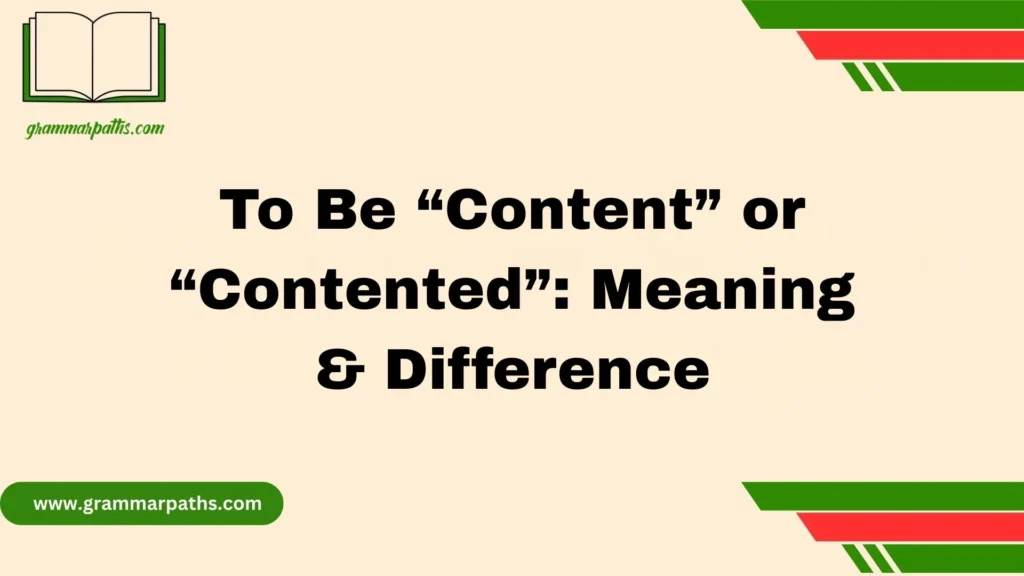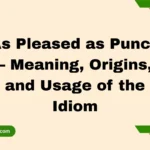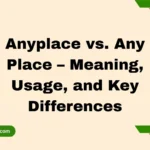Understanding the difference between “I will like to” and “I would like to” is essential for speaking and writing English correctly. Many learners often get confused between these two phrases because they seem similar, but their usage, tone, and meaning are quite different. Using the wrong form can make your sentence sound awkward or even incorrect in formal and informal contexts.
The phrase “I would like to” is the correct version when expressing polite requests, desires, or intentions. It is widely used in everyday English, especially in formal communication, emails, and professional conversations. For example, saying “I would like to schedule a meeting” sounds natural and courteous. On the other hand, “I will like to” is grammatically incorrect in most cases because “will” expresses future certainty rather than a polite desire.
By understanding this subtle distinction, you can improve your English fluency and sound more confident when making requests or expressing preferences. In this guide, we will explain the correct usage, provide clear examples, and highlight common mistakes. Whether you are a beginner or an advanced learner, mastering the difference between “I will like to” vs. “I would like to” will make your English more polished, professional, and natural.
Breaking Down the Grammar: Will vs. Would
To figure out which phrase works, you first need to understand the difference between will and would.
- Will expresses certainty or intention. It’s direct and firm.
- Example: I will finish my assignment tonight.
- Would expresses politeness, possibility, or a softer intention. It’s less forceful.
- Example: I would finish my assignment if I had more time.
Here’s a simple table to compare:
| Word | Function | Tone | Example |
| Will | Future action, certainty, strong intent | Direct | I will call you tomorrow. |
| Would | Politeness, hypothetical, softer desire | Polite, tentative | I would love to join you. |
When asking for something, English speakers prefer would because it softens the request and sounds considerate.
The Problem with “I Will Like To”
At first glance, “I will like to” looks like it should work—after all, you’re talking about the future, right? But in practice, this phrase rarely appears in natural English.
Why? Because it combines “will” (certainty) with “like to” (a preference), which doesn’t align in standard English expression. Native speakers don’t usually declare in advance that they will like something.
Example of awkward use:
- I will like to order a pizza. (Sounds odd)
Corrected version:
- I would like to order a pizza.
However, there are rare situations where “I will like to” makes sense if you literally mean that you expect to enjoy something in the future.
Example of rare correct usage:
- I will like the movie once I watch it.
But that’s not the same as making a polite request. In 99% of daily conversations, “I will like to” sounds incorrect.
Why “I Would Like To” Is the Correct Form
The phrase “I would like to” is the accepted, polite, and standard way of expressing intention or desire.
- It softens requests and avoids sounding demanding.
- It’s flexible for both formal and informal settings.
- It signals respect toward the listener.
Examples:
- In a restaurant: I would like to order the chicken, please.
- At work: I would like to schedule a meeting for tomorrow.
- Casual conversation: I’d like to see that new comedy this weekend.
Notice that the contraction “I’d like to” is extremely common in speech. It’s friendly, casual, and natural.
“Would like to” vs. “Want to”
Both phrases show desire, but “want to” is more direct, while “would like to” is more polite.
| Phrase | Politeness | Context | Example |
| I want to | Direct, casual | Friends, informal speech | I want to watch TV tonight. |
| I would like to | Polite, respectful | Work, service, formal situations | I would like to request time off. |
Think of “would like to” as the polite cousin of “want to.”
Context Matters: Formal vs. Informal Speech
Your choice between “would like to” and other expressions often depends on context.
Formal settings
- Always prefer “I would like to.”
- Professional emails, job interviews, academic writing.
- Example: I would like to apply for this position.
Informal settings
- Contractions or simpler phrases are fine.
- I’d like to or I want to.
- Example: I want to grab lunch later.
Regional variations
- In American English, “I’d like to” is common in both formal and informal speech.
- In British English, “I would like to” is slightly more formal and more often used in professional settings.
Politeness, Tone, and Audience Perception
Language isn’t only about grammar—it’s about how you come across to others.
- “I would like to” signals courtesy. It shows you care about how your request is received.
- “I will like to” may confuse or sound ungrammatical, especially to native speakers.
- In customer service, hospitality, or international business, this small difference can shape how professional or polite you appear.
Example:
- Email to a professor: I would like to discuss my paper with you next week.
- Saying instead: I will like to discuss my paper… → sounds non-native and abrupt.
Perception matters, and the choice of words directly affects how your audience views you.
Common Mistakes and How to Fix Them
English learners often slip up with “will” and “would.” Let’s cover the most frequent mistakes.
Mistake 1: Overusing “will”
- I will like to order coffee. (Incorrect)
- Fix: I would like to order coffee.
Mistake 2: Confusing contractions
- I’ll like to (often mistaken for “I’d like to”).
- Fix: I’d like to (contraction of “I would like to”).
Mistake 3: Translating directly from another language
In many languages, direct future tense is used differently. This leads to awkward English phrasing.
Practice Exercise: Rewrite the incorrect phrases.
| Incorrect | Correct |
| I will like to go shopping. | I would like to go shopping. |
| I’ll like to meet you tomorrow. | I’d like to meet you tomorrow. |
| We will like to thank you. | We would like to thank you. |
Practical Usage Guide
Let’s apply these rules to everyday situations.
At Work
- Correct: I would like to schedule a call with the client.
- Incorrect: I will like to schedule a call with the client.
At School
- Correct: I’d like to join the debate team.
- Incorrect: I’ll like to join the debate team.
Daily Life
- Correct: I would like to book a table for two, please.
- Incorrect: I will like to book a table for two, please.
Here’s a quick side-by-side reference:
| Situation | Incorrect | Correct |
| Restaurant | I will like to order pasta. | I would like to order pasta. |
| Job Interview | I will like to work at your company. | I would like to work at your company. |
| I’ll like to thank you for your help. | I’d like to thank you for your help. |
Expert Tips for Learners
- Listen actively: Pay attention to how native speakers phrase requests in shows, movies, and conversations.
- Practice contractions: Saying I’d like to feels natural in speech.
- Replace “want to” in formal settings: Whenever you think of saying “I want to” in a professional environment, switch it to “I would like to.”
- Think tone first: If you want to sound polite or respectful, go with “would.”
Analogy: Think of “will” as a firm handshake, while “would” is a polite smile. Both show intention, but one is softer and more adaptable.
Conclusion
In conclusion, understanding the difference between “I will like to” and “I would like to” is crucial for speaking and writing English correctly. “I would like to” is the grammatically correct and polite choice for expressing desires, requests, and intentions. Using it in formal or informal settings ensures your sentences sound natural, respectful, and professional. On the other hand, “I will like to” is considered incorrect in most contexts and should be avoided. By practicing the correct usage and observing examples in real-life conversations, you can enhance your English fluency, sound confident, and avoid common mistakes. Remember, small adjustments like this can make a significant difference in both spoken and written English.
FAQs
Q1: Can I use “I will like to” in casual conversations?
A: Even in casual speech, “I would like to” is preferred. “I will like to” is generally considered incorrect.
Q2: Is “I would like to” only for formal English?
A: No. It works in both formal and informal situations whenever you want to politely express a desire or request.
Q3: How is “I would like to” different from “I want to”?
A: “I would like to” is more polite and less direct, while “I want to” is straightforward and sometimes blunt.
Q4: Can “I would like to” be used for future plans?
A: Yes. It can indicate a polite intention for the future, e.g., “I would like to visit Paris next year.”
Q5: How can I remember the correct usage?
A: Think politeness = would like, and certainty = will. This simple rule helps avoid mistakes.

Grace Marie is the dedicated writer behind GrammarPaths.com, where she shares her passion for English grammar, idioms, and writing mastery. With a strong background in language studies and years of experience helping learners improve their communication skills, Grace creates clear, practical, and engaging content that makes English easy to understand.
